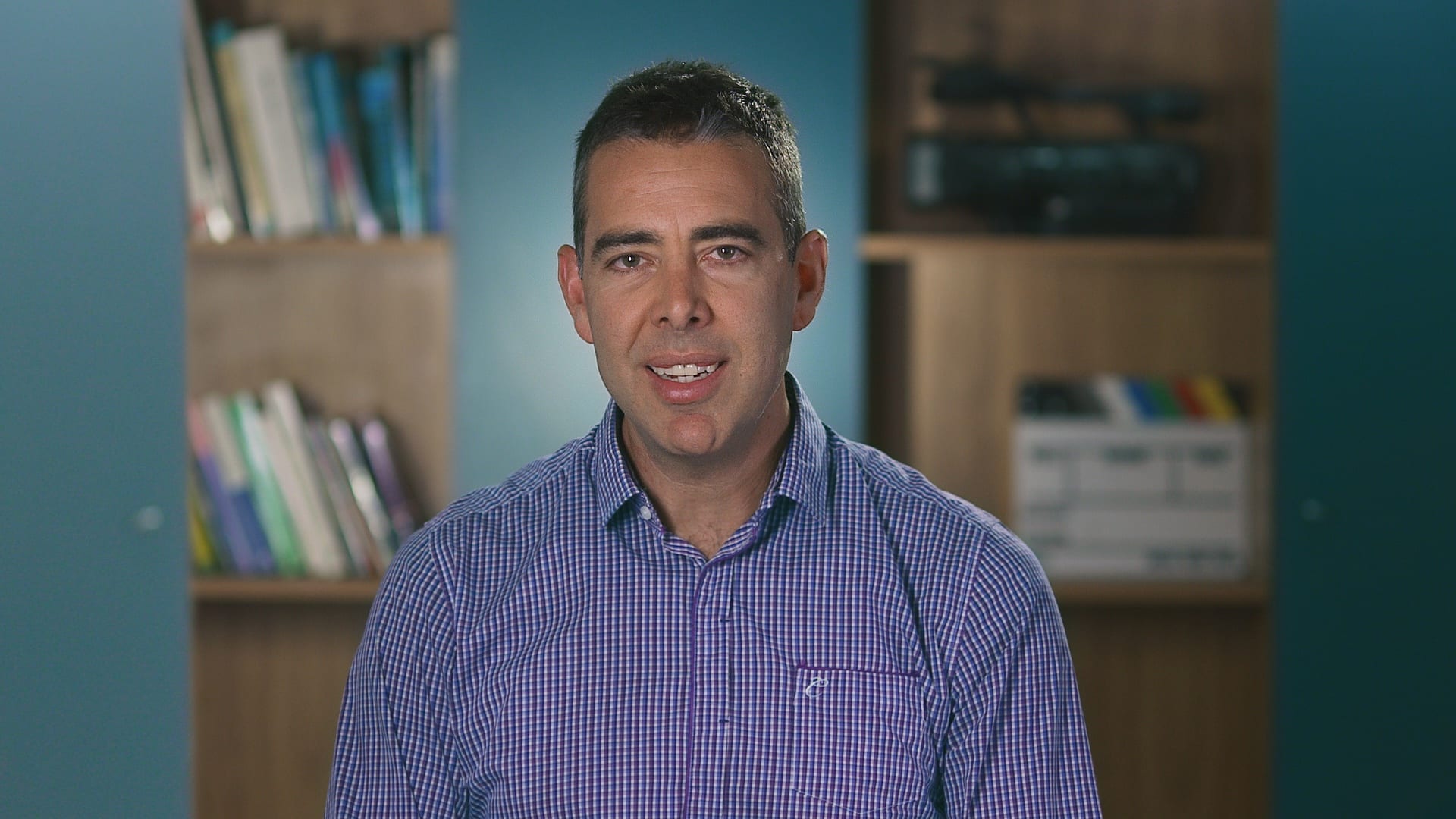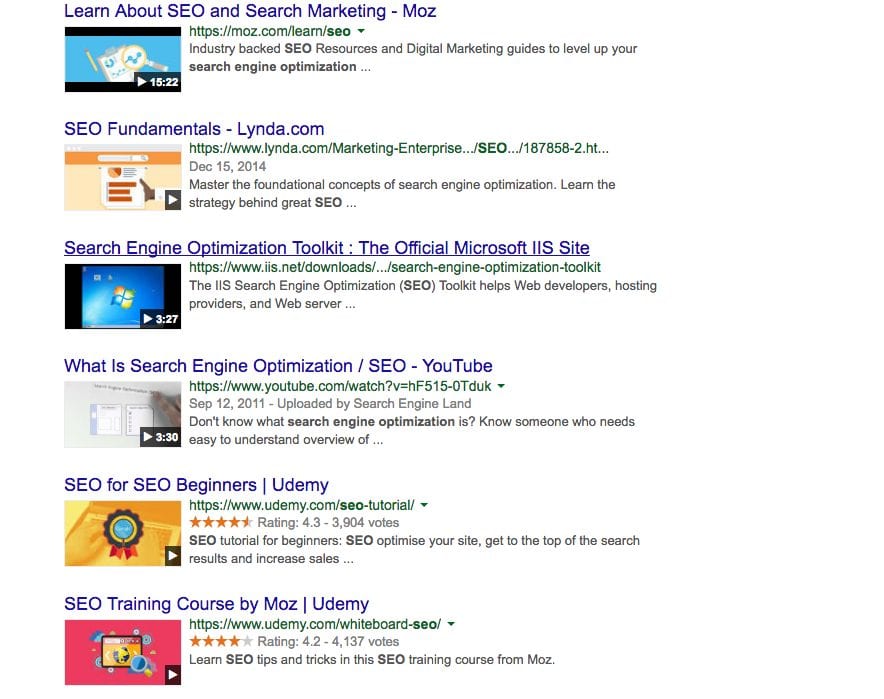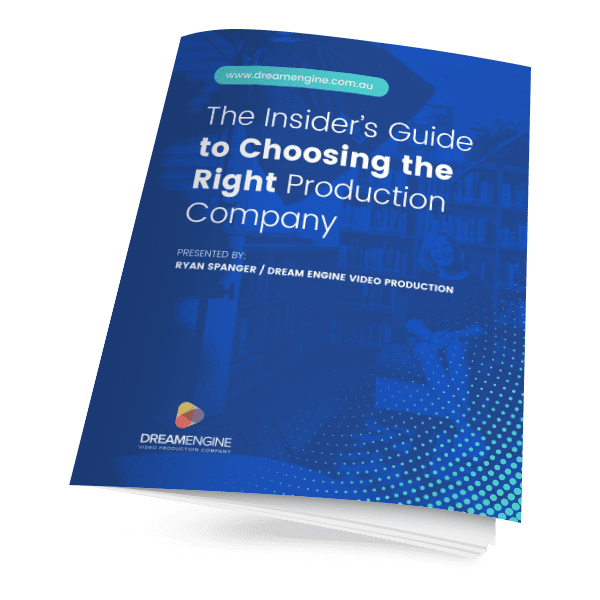When was the last time you clicked page two on a Google search?
That is why SEO is important.
SEO, for those living under a digital rock, stands for Search Engine Optimisation, the practice and artform of getting your site at the top of Google’s search results (or Bing, or AltaVista if you’re reading this in the 90s). It requires some knowledge of how search engines work and how video can help you climb the search result ladder.
FIND YOUR PURPOSE
As simple as it may sound, your videos need to offer something to the viewer. Whether it’s some new information, a promotion, anything really. You just need them to want to watch. The more you offer to your viewers, the more you will be seen as an authority in your area of expertise. You can shoot tutorial videos, and don’t be afraid to show off your skills. You can shoot product demonstrations, or case studies, and they can be as specific as you want. If you provide a video that is exactly what the searcher is looking for, then you become an authority in their eyes.
BETTER YOUR META
Metadata is your invisible ally in SEO. Taking the time to correctly add in metadata can pay dividends later on.
What is metadata?
By definition it is “data that provides information about other data.” But in a more practical and less confusing way, it is simple things like giving the video file you want to share with the world an appropriate name.
So, for your new demonstration video about a revolutionary toaster design, the video file is named “ToasterDemo.mp4,” and not something like “5790281.mp4.”
It also includes using keywords in your naming of videos and blogs,adding a concise description to your video that covers the topics of the video so that the most important aspect of your video is at the forefront. If you want to get into the nitty-gritty of optimising for YouTube, click here.
CREATE A SITEMAP
A video sitemap provides all the important data about your video’s and provides all the juicy details that search engines love. It is a way to present the video’s title, description, duration and subject in a way that search engines can easily digest. If that sounds complex, you are correct, but if you work with us we can help you wade through the jargon to make sitemaps work for you.

THUMBS UP
Many people judge a book by its cover. The internet equivalent is judging a video by its thumbnail. The thumbnail is the first thing viewers will see when they’ve searched for something relevant to your business. If it’s a randomly assigned thumbnail from YouTube, you may end up with a thumbnail of a presenter with their eyes closed or something that tells you absolutely nothing about the video.
Take the time to make your own thumbnail with the title of the video overlaid on a relevant image from the video. At the very least choose a frame from your video that is relevant to the video. The more people enticed to click the thumbnail means more views for you, which means better SEO for your business.
SUBTITLES AREN’T JUST FOR FOREIGN FILMS
Transcribing your videos and creating a subtitle track is a great idea for two reasons. One; it gives search engines the full content of your video in a form it can use, mainly through keywords and phrases throughout the video that people may search for, and two; with many people browsing on their phones, it means they can get all the information they need without reaching for their earphones.
SHARING IS CARING (FOR YOUR SEO)
Once you have created a high quality video, it’s time to share it with the world. Social media is the best way to spread your content.
This may lead to more viewers, a bigger reach, and therefore a better position on SERPs (Search Engine Results Pages if you’re not into the whole brevity thing).
A share from a friend is worth much more than an ad from a stranger, so the more valuable the content in your video and the more “shareable” it is, the better it is for your SEO.
If you want to create some high quality videos that can boost your SEO, contact Dream Engine today.

Ryan Spanger is one of Melbourne’s most respected and sought-after video production professionals. Ryan founded Dream Engine in 2002, and specialises in helping medium to large corporates, government departments, and the non-profit sector to connect with their audience more effectively by using video.

